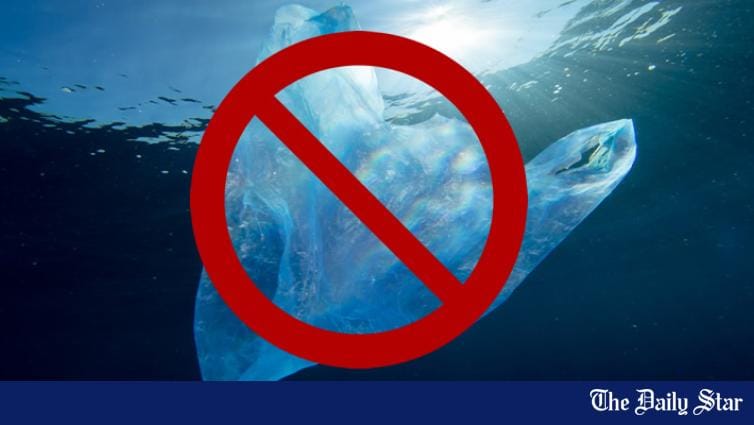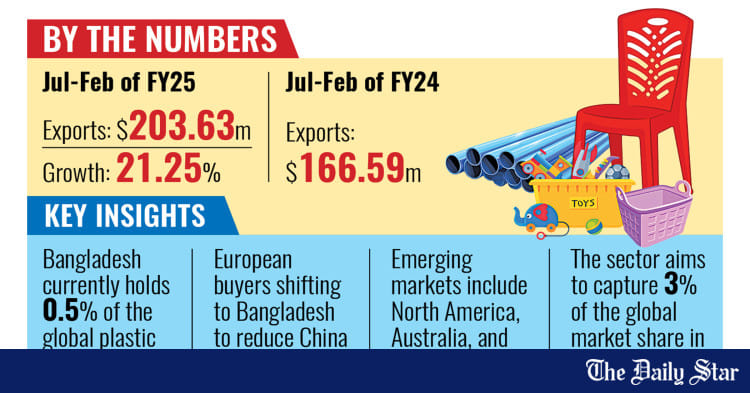- Copy to clipboard
- Thread starter
- Moderator
- #16
- Messages
- 3,078
- Reaction score
- 1,552

SC bans use of single-use plastic, poly bags at restaurants on court premises
The Supreme Court administration has ordered to stop the use of listed single-use plastic and banned polythene bags at the hotels and restaurants located on the Supreme Court and all other court premiseswww.thedailystar.net
SC bans use of single-use plastic, poly bags at restaurants on court premises
View attachment 10256
The Supreme Court administration has ordered to stop the use of listed single-use plastic and banned polythene bags at the hotels and restaurants located on the Supreme Court and all other court premises.
A notification has been issued to this effect on November 2.
The notification, signed by Registrar General of the Supreme Court Aziz Ahmad, said that the Ministry of Environment, Forests and Climate Change proposed to stop the use of single-use plastic and prohibited polythene bags at the hotels and restaurants located on the court premises across the country and sought sincere cooperation from the Supreme Court in this regard.
In this situation, the use of single-use plastic and prohibited polythene bags at the hotels and restaurants on the SC premises has been stopped and use the of alternative products has been suggested by the ministry.
Alternative products proposed by the ministry:
The proposals are using files and folders made of paper or other eco-friendly materials instead of plastic files, and folders; using cotton/jute fabric bags instead of plastic bags; using glass bottles and glass glasses instead of plastic water bottles; using banners made of cotton fabric, jute fabric or biodegradable material instead of plastic banners; avoiding plastic laminated in invitations, visiting cards and various types of promotional materials; ensuring that food packets supplied in various meetings/seminars are paper/eco-friendly; avoiding all types of products including single-use plastic plates, glasses, cups, cutlery; using pencil/paper pen instead of a plastic pen; avoiding the use of laminated wrappers and plastic in all types of publications including annual reports, and stopping the use of plastic in flower bouquets.
According to this notification of the Supreme Court administration, environmental pollution is the most discussed and worrying issue in the world today.
"Overall, environmental pollution including air pollution, plastic pollution, and water pollution has taken a severe form in our country. The current government is committed to controlling this pollution. Bangladesh is committed to preventing environmental pollution, protecting biodiversity and dealing with the impact of climate change in the light of the Environmental Protection Act 1995 and other related laws and regulations and various international laws. In this context, the government has taken various useful steps to control plastic pollution," said the notification.
Another mandate with nothing as far as "teeth" to enforce it. Even in the court premises. SMH.







